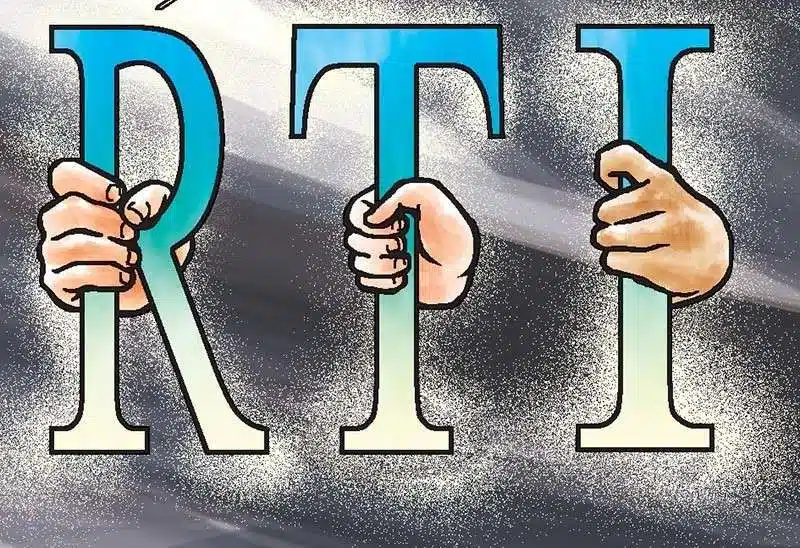You can try the full form of RTI and gain confidence at least in RTI meaning. Edumantra takes good care of you so buying books for competitive exams is not necessary. Additionally we would like to tell that the full form of RTI is Right To Information.
RTI — Right To Information
RTI Full-Form refers to Right To Information. RTI is a reference to the Indian Parliamentary Act of the year 2005 by the same name. The Act provides for implementing a regime in which citizens can exercise their right to information and substitutes the Freedom of Information Act
Also Read:-
ACB Full-Form | What is Anti-Corruption Bureau (ACB)

Also Read:-
ACP Full-Form | What is Assistant Commissioner of Police (ACP)
2002. The Act provides that any citizen of the country may request a piece of public authority information and such public authority is mandated to reply quickly or within the period of thirty days. The Act also mandates that every public authority must computerize its records for facilitating extensive dissemination of information so that citizens do not have to go through the procedural hassles in order to request information.
Also Read:-
The Act was passed on June 15, 2005, but came into complete force on October 12, 2005. The first application of the law was done to a Pune Police Station. Despite facilitating dissemination of information, the Act is laced with certain limitations such as the Official Secrets Act 1923 bars the disclosure of certain information. The Act is applicable throughout the territory of India, with an exception to Jammu & Kashmir where there is a distinct J&K Right to Information Act enforced.
Also Read:-
AADHAR Full Form | What is Aam Aadmi Ka Adhikar (AADHAR)
The RTI Act 2005 covers all kinds of constitutional authorities, including the legislature, judiciary, and the executive; anybody or institution constituted or established by any Parliamentary Act or a state legislature. It even includes those bodies that are “owned, controlled, or substantially financed” by the central or state governments or any non-governmental organizations. Private bodies or institutions are however not covered under this Act straightaway. As per the Sarbjit Roy v. Delhi Electricity Regulatory Commission, public utility companies that have been privatized fall within the ambit of RTI. As of the year 2014, non-governmental organizations or private institutions that receive over 95 percent of their funds from the government fall within the ambit of this Act.
Download the above Full-Form in PDF (Printable)